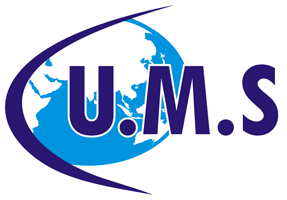
In the dynamic world of maritime operations, safety and efficiency are paramount. One critical component that ensures these standards are met is thorough marine inspections. As businesses in the maritime industry seek to uphold high standards, the role of comprehensive inspections cannot be overstated.
Why Marine Inspections Matter
Marine inspections are essential for maintaining the integrity and safety of vessels. These inspections encompass various aspects, including hull integrity, machinery condition, safety equipment, and compliance with regulatory standards. Regular inspections help identify potential issues before they escalate into costly problems or safety hazards.
Key Benefits of Good Inspections
-
Enhanced Safety: Regular and thorough inspections reduce the risk of accidents and failures. By identifying and addressing potential issues early, inspections protect the crew, passengers, and the vessel itself.
-
Regulatory Compliance: Adhering to industry regulations is crucial for avoiding fines and operational disruptions. Comprehensive inspections ensure that vessels meet all required standards and certifications, keeping operations smooth and legal.
-
Cost Efficiency: Proactive maintenance through regular inspections can prevent expensive repairs and downtime. Addressing issues early often proves more cost-effective than dealing with major repairs that arise from overlooked problems.
-
Operational Efficiency: Well-maintained vessels operate more efficiently, contributing to better fuel economy and performance. This not only enhances the operational capabilities of the vessel but also supports environmental sustainability.
-
Longevity of Assets: Regular inspections and maintenance extend the lifespan of maritime assets. By taking care of the vessel, businesses can maximize their investment and ensure long-term operational success.
The Inspection Process
A thorough marine inspection typically involves a detailed examination of the vessel's structural components, mechanical systems, safety equipment, and navigational systems. Experienced inspectors use advanced tools and techniques to assess the condition of the vessel and provide actionable insights.
Choosing the Right Inspection Service:
When selecting a marine inspection service, it's important to choose a provider with a solid track record and expertise in the field. Look for inspectors who are certified and experienced in handling the specific requirements of your vessel and operations.
In conclusion, investing in regular and thorough marine inspections is crucial for ensuring safety, compliance, and efficiency in maritime operations. By prioritizing these inspections, businesses can protect their assets, enhance operational performance, and contribute to the overall safety of the maritime industry.

